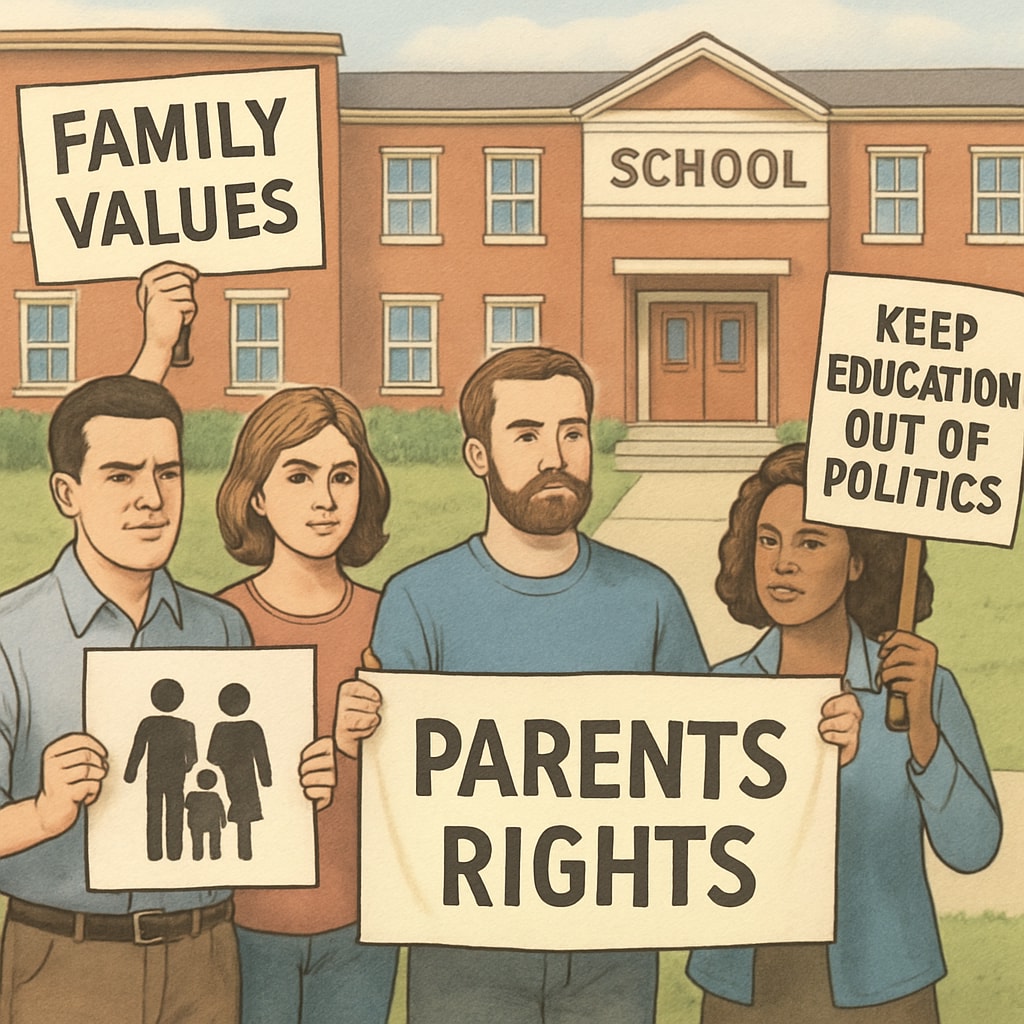Strict school attendance policies, absence penalties, church intervention, and parental concerns reflect the growing tension between public education regulations and family autonomy. A recent case where a school required absent students to attend a character-building program with religious undertones has sparked widespread debate. This highlights the need for a balanced approach, considering both institutional policies and diverse family values.
Navigating the Complexity of School Attendance Policies
School attendance is undeniably important for academic success. Many institutions enforce strict attendance policies to minimize absenteeism and ensure students receive quality education. However, these policies can sometimes overlook unique family circumstances or values, leading to unintended conflicts. For example, some parents may prioritize family trips, cultural events, or even mental health days over rigid attendance rules.
The introduction of penalties for absenteeism—such as mandatory attendance in programs with specific ideological or religious components—further escalates the tension. In such cases, the perception of parental rights being undermined can spark significant backlash. Schools must consider whether enforcing attendance at the expense of family values truly serves the broader educational mission.

The Role of Religious or Ideological Interventions
One particularly controversial element of some attendance enforcement policies involves religious or ideological interventions. In the highlighted case, students with frequent absences were required to attend a character education program run by a religious organization. While the school defended its decision, citing the program’s focus on developing life skills, many parents expressed concerns about church intervention in a public education setting.
Such practices raise important questions: Should public schools, which serve families from diverse cultural and religious backgrounds, rely on programs with specific ideological affiliations? Furthermore, how can schools ensure that interventions respect the boundaries of parental rights and family autonomy?
According to Britannica’s overview of education policy, public schools have a responsibility to remain inclusive and neutral. When policies blur the lines between public education and religious influence, they risk alienating segments of the community.

Balancing Institutional Needs with Family Autonomy
To create policies that work for everyone, schools must balance institutional needs with family autonomy. Here are several strategies that could help mitigate conflicts:
- Inclusive Policy Design: Engage parents, educators, and community members in the development of attendance policies to ensure diverse perspectives are considered.
- Flexible Approaches: Allow for justified absences, such as family events or mental health days, without imposing punitive measures.
- Transparency and Communication: Clearly explain the rationale behind attendance policies and any associated programs, ensuring parents feel informed and respected.
- Non-Ideological Programs: Replace religious or ideological interventions with secular, evidence-based programs that focus on universally applicable skills.
By adopting these strategies, schools can build trust with families while maintaining high academic standards. For example, Wikipedia’s entry on education policy emphasizes the importance of stakeholder involvement in crafting effective and equitable regulations.
Conclusion: Finding Common Ground
The conflict between strict school attendance policies and family values underscores the ongoing challenge of balancing public education mandates with parental rights. Schools must navigate these issues carefully, considering the diverse needs of their communities while upholding their educational mission. By fostering open dialogue and prioritizing inclusivity, schools can create policies that respect both institutional goals and the values of the families they serve.
Ultimately, finding common ground requires collaboration, flexibility, and a commitment to respecting the voices of all stakeholders. Only then can public education fulfill its role as a unifying force in a diverse society.


